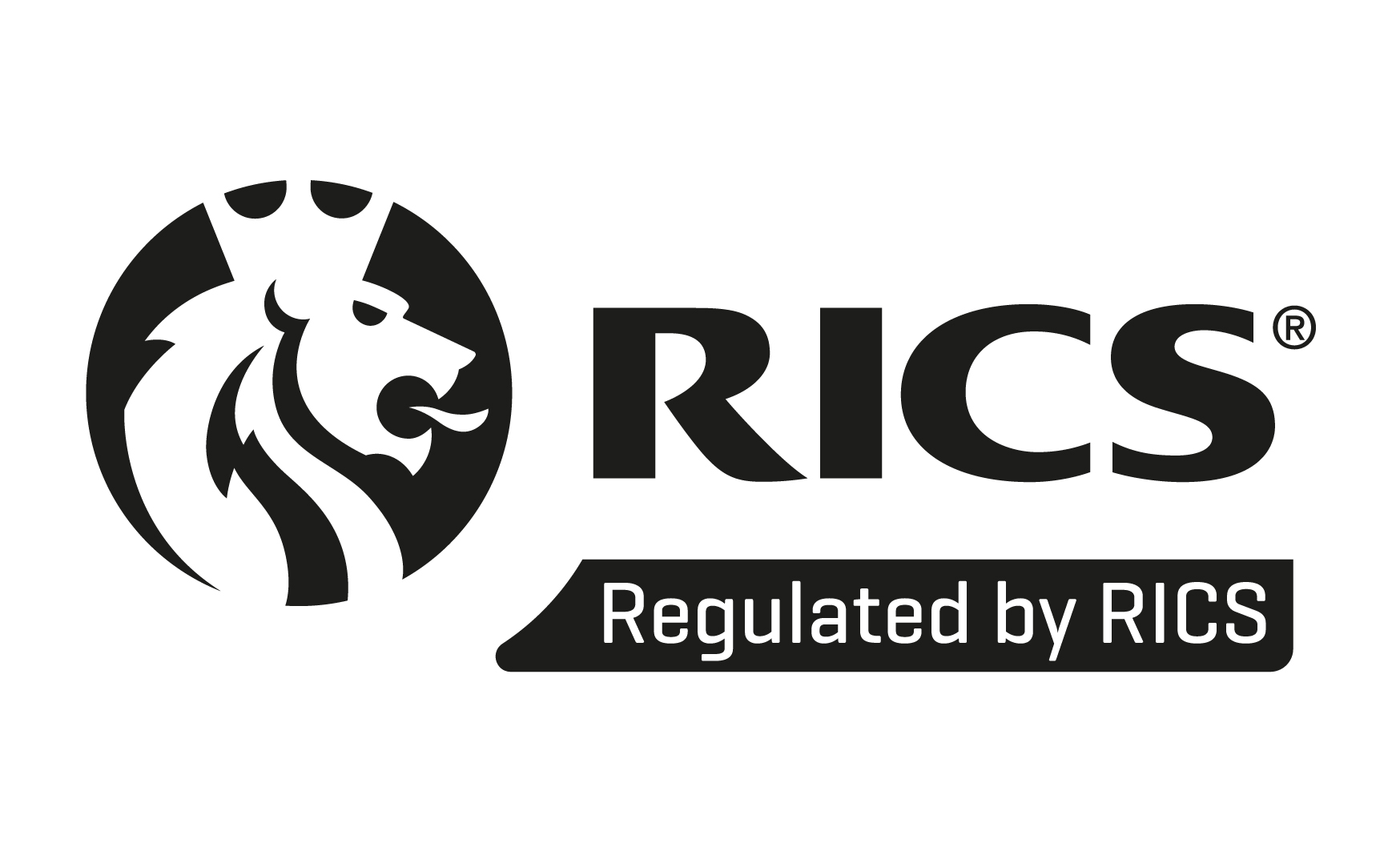Energy Performance Certificates (EPCs) are needed whenever a property is:
· Built (Derived from a Full SAP Calculation)
· Sold
· Rented
It is a requirement for provide an EPC for potential buyers and tenants before you market your property to sell or rent. RdSAP should be used for the assessment of existing dwellings only. New dwellings, including those created by a change of use, must be assessed using SAP for Building Regulations purposes.
For the avoidance of doubt, a ‘new dwelling’ is one completed on or after the following dates:
England & Wales region – 6th April 2008
An EPC contains:
· Information about a property’s energy use and typical energy costs
· Recommendations about how to reduce energy use and save money
An EPC gives a property an energy efficiency rating from A (most efficient) to G (least efficient) and is valid for 10 years.
You can be fined if you don’t get an EPC when you need one.









